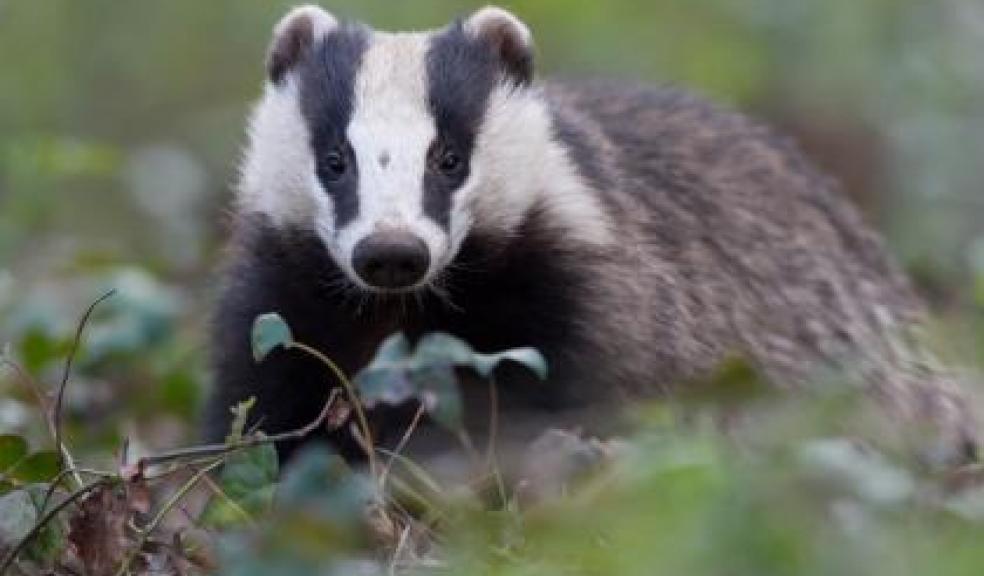
Continue with cull say farmers
The Government must make an immediate decision to proceed with badger cull roll out this year or risk losing the trust of the farmers who helped to elect them, say industry leaders in the South West.
Implementing a 25-year bovine TB eradication plan, including badger cull roll out, was one of the Conservatives’ manifesto pledges, but despite winning a majority in the general election ministers have so far hesitated about giving further cull areas the go ahead.
This has led to concerns that a key policy for many rural constituencies might fall victim to post-election political horse trading, leaving farmers high and dry in their battle against TB.
“To backtrack now would risk the Conservative Party losing the trust of the many farmers in the South West whose votes helped it form a majority government on the basis of the promises that were made to rural communities,” said Martin Howlett, chairman of the NFU’s South West regional board.
“Farmers have been prepared to put themselves in the front line of the fight against bTB in the face of intimidation and harassment from protestors – why is the government not prepared to back them?”
According to Defra, the estimated average cost of a bovine TB breakdown on a farm is £34,000. Of this, around £14,000 falls to the farmer as a result of the loss of animals, the labour costs of on-farm testing, business disruption because of movement restrictions and loss of production. The remaining £20,000 is borne by the government, mainly as compensation for animals compulsorily slaughtered and testing costs.
Along with the effects of low commodity prices across all sectors and serious cash flow issues, the costs of bovine TB could drive many farmers out of business. With every farm supporting scores of jobs, this would seriously undermine a rural economy which is worth billions of pounds annually.
Pilot culls have been carried out for the last two years in Somerset and Gloucestershire. In the Somerset cull zone the number of herds under TB restriction has gone down from 34 per cent to 11 per cent since culling started in 2013. Herds in the Gloucestershire area that have been down with bTB for many years have gone clear since culling started.
“Culling diseased badgers is clearly working and there are many other areas where bTB is having a massive impact on family farming businesses which would benefit from roll out,” said Mr Howlett.
NFU dairy board chairman and Gloucestershire farmer Rob Harrison said: “We have seen farmers in the pilot cull areas go clear after many years under restriction and others want to know they have some hope of progress after being continually let down by government policy. We all want to move towards a healthy cattle and badger population.
“We must use all available options to control and eradicate bovine TB. This includes the use of badger vaccination in ‘edge’ areas to help stop the disease spreading further, appropriate cattle testing and movement controls that help with disease control while allowing businesses to continue to operate viably and the use of cattle vaccination when it’s available.
“But controlling the disease in badgers in areas where bTB is endemic must be included if we are ever going to stand a chance of beating the disease.”
Mr Howlett said: “Farmers are ready to go and are determined to make the culls succeed. All we need is the go ahead from Government. Are politicians prepared to risk a revolt in the West Country by reneging on their promises barely a month after the election?”











